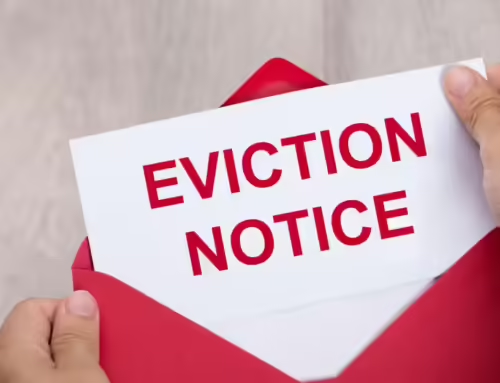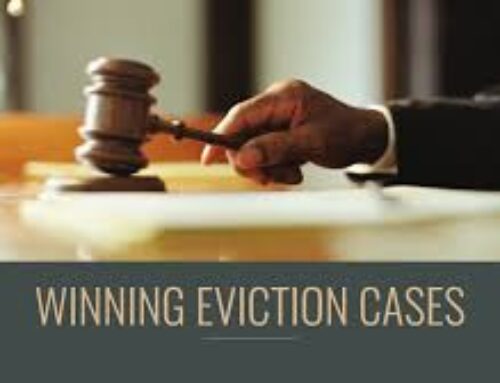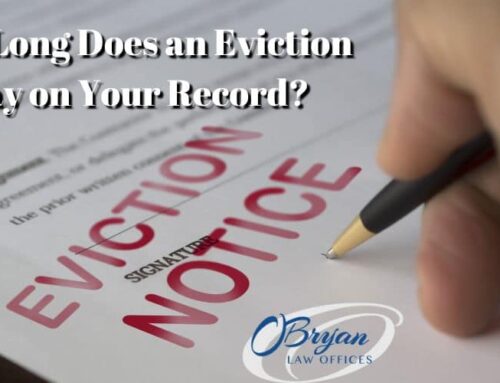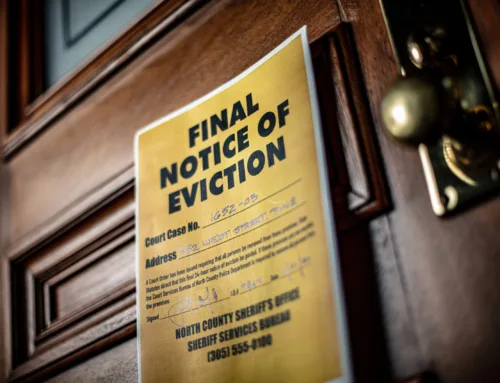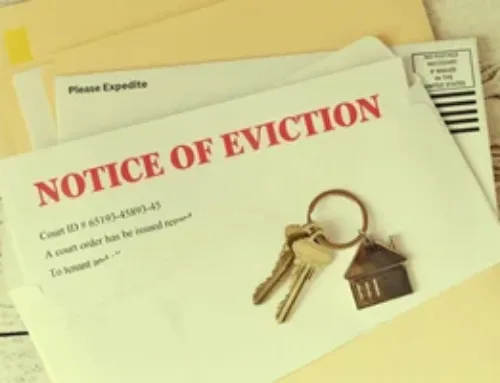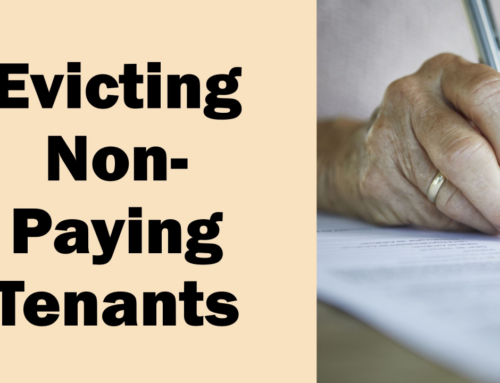Facing eviction can be a daunting experience for tenants, as it often brings uncertainty and anxiety about housing stability. However, tenants possess specific rights throughout the eviction process that can help protect them. Understanding these rights is crucial for tenants to navigate this challenging situation effectively.
Understanding Tenant Rights
1. Right to Due Process
Tenants have the right to due process, meaning that landlords cannot evict them without following legal procedures. This typically involves providing written notice and, in most cases, filing a lawsuit in court if the tenant does not vacate the premises.
Key Points:
- Notice Requirement: Most jurisdictions require landlords to give tenants written notice of the eviction, specifying the reason and timeframe to remedy the issue or vacate.
- Court Hearing: Tenants have the right to appear in court to contest the eviction and present their side of the story.
2. Right to Contest the Eviction
Tenants have the right to contest the eviction in court. If they believe the eviction is unjust or that they have not violated the lease terms, they can defend themselves against the landlord’s claims.
Key Points:
- Gather Evidence: Tenants should collect relevant documents, such as their lease agreement, payment receipts, and any correspondence with the landlord, to support their case.
- Legal Representation: Tenants have the right to seek legal counsel to help navigate the eviction process and provide representation in court.
3. Right to a Safe and Habitable Environment
Tenants have the right to live in a safe and habitable environment. If a tenant is being evicted due to reporting unsafe living conditions or requesting repairs, they are protected against retaliation from the landlord.
Key Points:
- Protection from Retaliation: It is illegal for landlords to evict tenants for exercising their rights, such as reporting health or safety violations to housing authorities.
- Document Conditions: Tenants should document any unsafe conditions and communicate with the landlord in writing to create a record of their requests for repairs.
4. Right to Privacy
Tenants have the right to privacy in their rented home. Landlords cannot enter a tenant’s unit without proper notice, except in emergencies.
Key Points:
- Notice Requirement: Most states require landlords to provide advance notice before entering the premises, typically 24 to 48 hours.
- Emergency Exceptions: In cases of emergency (such as a fire or flood), landlords may enter without notice, but this should be done judiciously.
5. Right to Keep Security Deposits
Tenants have the right to receive their security deposit back, minus any legitimate deductions for damages beyond normal wear and tear, after vacating the property.
Key Points:
- Itemized Deductions: If a landlord deducts from the security deposit, they must provide an itemized list of damages and repairs.
- State Laws: Tenants should be aware of their state’s laws regarding security deposits, including how long landlords have to return them.
Conclusion
Understanding their rights during the eviction process empowers tenants to protect themselves and assert their legal protections. By being informed, tenants can navigate the eviction process more confidently and potentially avoid displacement. If faced with eviction, seeking legal advice and assistance from local tenant advocacy groups can also be beneficial. “Sell Your House for Cash Today!“ – Fast, Simple, Hassle-Free. CONTACT US for more info.
FAQs
Q: What should I do if I receive an eviction notice?
A: Carefully read the notice to understand the reason for the eviction and the timeline provided. If you believe the eviction is unjust, consider seeking legal advice and preparing to contest the eviction in court.
Q: Can I be evicted without a court hearing?
A: No, landlords must typically follow legal procedures, which include providing notice and allowing tenants the opportunity to contest the eviction in court.
Q: What are my options if I can’t afford legal representation?
A: Many organizations provide free or low-cost legal assistance to tenants facing eviction. Local legal aid offices or tenant advocacy groups can be valuable resources.
Q: What happens if I don’t respond to an eviction notice?
A: If you do not respond to the eviction notice, the landlord may proceed with the eviction process and potentially obtain a judgment against you, resulting in a forced eviction.
Q: Can I appeal an eviction decision?
A: Yes, if a court rules in favor of the landlord, tenants may have the right to appeal the decision. The appeal process and timeline vary by state, so it is essential to consult with legal counsel.
By being informed about their rights, tenants can better navigate the complexities of the eviction process and ensure they are treated fairly and justly throughout the legal proceedings.




